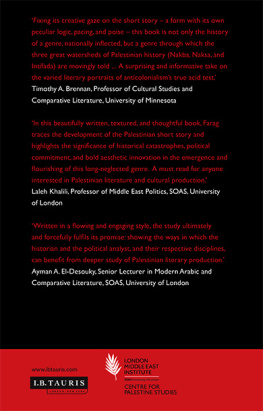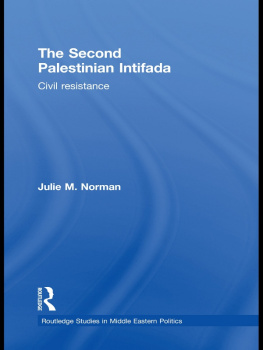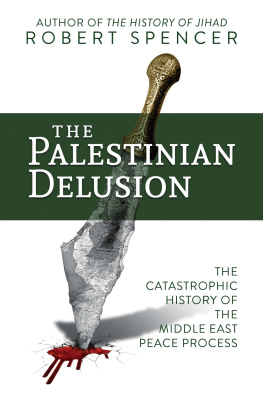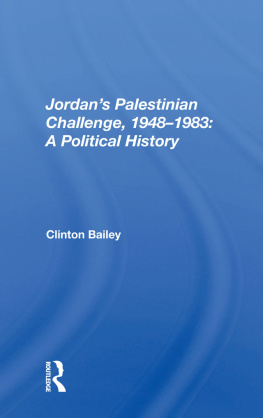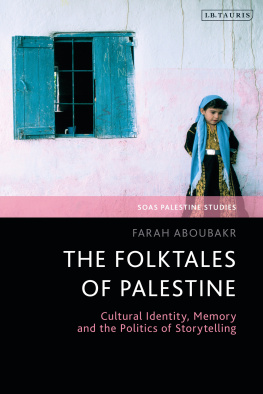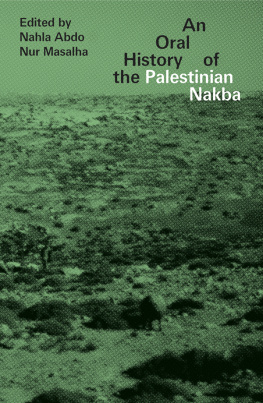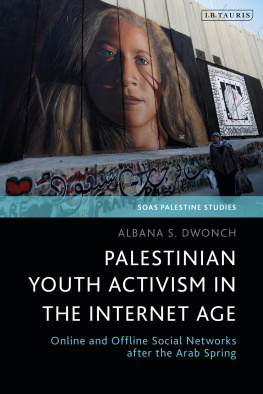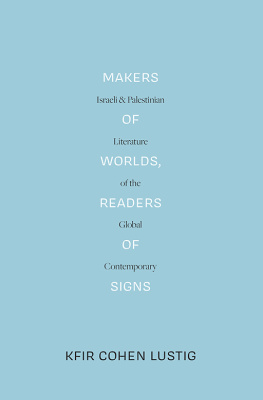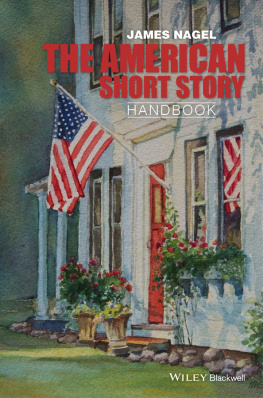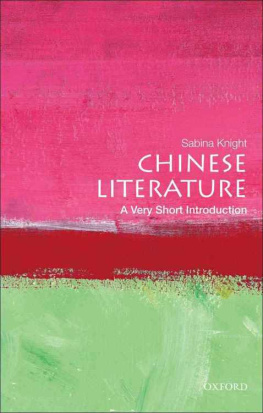
Joseph R. Farag is Assistant Professor of Arab Studies at the University of Minnesota. He holds a PhD from Queen Mary University of London where he was also Lecturer in Middle Eastern Literary Studies. Farag has also held a EUME postdoctoral fellowship at the Forum Transregionale Studien in affiliation with the Friedrich Schlegel Graduate School of Literary Studies, Freie Universitt Berlin. His research examines the intersection of history, politics and cultural production in the modern Arab World, with particular emphasis on the Palestinian context.
Fixing its creative gaze on the short story a form with its own peculiar logic, pacing, and poise this book is not only the history of a genre, nationally inflected, but a genre through which the three great watersheds of Palestinian history (Nakba, Naksa, and Intifada) are movingly told. In Farag's confident and well-argued study, Sartrean literature engage takes the form, alternately, of surrealist phantasmagoria, blunt militancy, and a searing, melancholic interiority. A surprising and informative take on the varied literary portraits of anticolonialism's true acid test.
Timothy A. Brennan, Professor of Cultural Studies and Comparative Literature, University of Minnesota
In this beautifully written, textured, and thoughtful book, Farag traces the development of the Palestinian short story and highlights the significance of historical catastrophes, political commitment, and bold aesthetic innovation in the emergence and flourishing of this long-neglected genre. A must read for anyone interested in Palestinian literature and cultural production.
Laleh Khalili, Professor of Middle East Politics, SOAS, University of London
Farag's excellent choice of focus on the short story, one of the most complex and yet understudied genres, furthers discussion of the aesthetic thrust of the form, its place within the larger literary history in Palestinian and Arabic literature, and its comparability to the force of poetic practices as the celebrated genre of resistance. Written in a flowing and engaging style, the study ultimately and forcefully fulfils its promise: showing the ways in which the historian and the political analyst, and their respective disciplines, can benefit from deeper study of Palestinian literary production.
Ayman A. El-Desouky, Senior Lecturer in Modern Arabic and Comparative Literature, SOAS, University of London
SOAS PALESTINE STUDIES
This book series aims at promoting innovative research in the study of Palestine, Palestinians and the IsraelPalestine conflict as a crucial component of Middle Eastern and world politics. The first ever Western academic series entirely dedicated to this topic, SOAS Palestine Studies draws from a variety of disciplinary fields, including history, politics, media, visual arts, social anthropology, and development studies. The series is published under the academic direction of the Centre for Palestine Studies (CPS) at the London Middle East Institute (LMEI) of SOAS, University of London.
Series Editor:
Gilbert Achcar, Professor of Development Studies and International Relations at SOAS, Chair of the Centre for Palestine Studies
Board Advisor:
Hassan Hakimian, Director of the London Middle East Institute at SOAS
Current and Forthcoming Titles:
Palestine Ltd.: Neoliberalism and Nationalism in the Occupied Territory, by Toufic Haddad
Politics and Palestinian Literature in Exile: Gender, Aesthetics and Resistance in the Short Story, by Joseph R. Farag
Palestinian Citizens of Israel: Power, Resistance and the Struggle for Space, by Sharri Plonski
POLITICS AND
PALESTINIAN
LITERATURE
IN EXILE
Gender, Aesthetics and Resistance
in the Short Story
J OSEPH R. F ARAG


Centre for Palestine Studies
Published in association with the Centre for Palestine Studies,
London Middle East Institute
Published in 2017 by
I.B.Tauris & Co. Ltd
London New York
www.ibtauris.com
Copyright 2017 Joseph R. Farag
The right of Joseph R. Farag to be identified as the author of this work has been asserted by the author in accordance with the Copyright, Designs and Patents Act 1988.
All rights reserved. Except for brief quotations in a review, this book, or any part thereof, may not be reproduced, stored in or introduced into a retrieval system, or transmitted, in any form or by any means, electronic, mechanical, photocopying, recording or otherwise, without the prior written permission of the publisher.
References to websites were correct at the time of writing.
SOAS Series on Palestine Studies 2
ISBN: 978 1 78453 655 8
eISBN: 978 1 78672 180 8
ePDF: 978 1 78673 180 7
A full CIP record for this book is available from the British Library
A full CIP record is available from the Library of Congress
Library of Congress Catalog Card Number: available
For my parents, Ramez and Hanaa
CONTENTS
SERIES FOREWORD
The question of Palestine with its corollaries, the IsraelPalestine and ArabIsraeli conflicts has been a key issue of world politics and a major source of world tension since the 1917 Balfour Declaration. Few global issues have attracted so much attention over such a long period of time.
As a result, despite its small territorial size, Palestine has become a key component of Middle East studies in the academic community as well as a field of study in its own right, in the same way that France or Germany are each the subject of individual study while being part of European Studies. This disproportionate status of the Palestine topic is due to several factors.
First is the strategic location of Palestine at the Mediterranean door of the Middle East and the East of Suez world. This strategic position the source of British interest in Palestine at the beginning of the twentieth century has been enhanced by the greater importance of the broader Middle East in global affairs as manifested by the high frequency of wars and conflicts in the region since World War II, and even more since the end of the Cold War.
Secondly is the very particular fact of what has been described as a settler-colonial project in Palestine that was boosted by the huge human tragedy of the Nazi genocide of European Jews in 19415. The result has been a complex mingling of the Holocaust, which the Zionist movement claims as legitimizing its actions, with what Palestinians call the Nakba, or catastrophe, which describes the ethnic cleansing of Arab Palestinians from great swathes of Palestine in 1948 by the Zionist drive towards the creation of Israel.
Thirdly is the sheer complexity of the Palestine question engendered by the Nakba and the subsequent occupation by the state of Israel of the West Bank and Gaza following the Six-Day War in 1967. As a result of these, the Palestinian people today are living under very different conditions and legal regimes: they encompass those who remained in Israel after the states establishment in 1948; those, including refugees, under direct Israeli occupation or indirect Israeli control in the West Bank and Gaza; those displaced by the wars of 1948 and 1967 to the eastern bank of the Jordan River, some of them still living in camps, and most of whom became Jordanian citizens; those living in the refugee camps of Lebanon and Syria; those of the diaspora living in other Arab countries; and those of the global diaspora.
Next page
